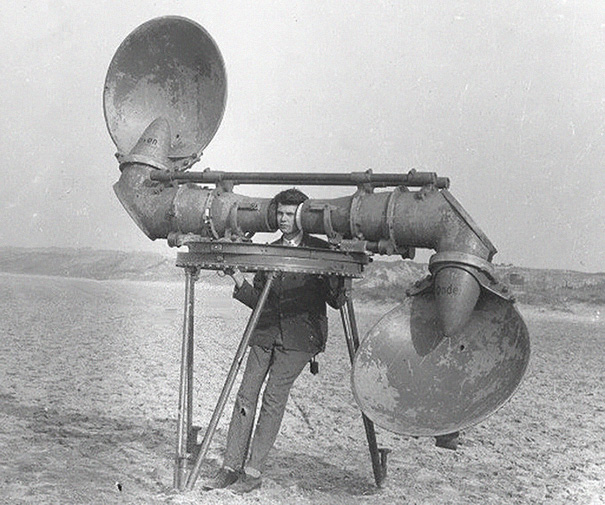Yes.. however, that is non-libertarian, and there is a little thing known as 'input, output'. If you are going to have lower taxes, where will the money for the guaranteed income come from. I will assume 'lower regulation'. What kind of regulations will be eliminated?? The environmental regulation? The safety regulations?? The anti-monopoly regulations?? The 'You must show a drug actually works before you market it and is not dangerous' regulation? What specific regulations should be removed?
I brought it up because it’s a “non-libertarian” idea libertarians are open too as it is a minimal government involvement solution.A starting point to compromise and practical policies.
To expand:
That is easy. The theory goes the money comes from cuts in government services by giving enough income to people to buy the appropriate alternatives in the free market. And yes that only works in certain areas.
In areas like welfare, education, rehabilitation programs, seniors programs etc, lots of which is paid for by lottery tax which is actually disguised in the books, it is financially prudent move to just pay cash in some areas of social policy. Government workers are not cheap nor cost effective. In other areas like healthcare & criminal justice probably not a good idea as there exists conflicts between self interest and the common interest which could create more blowback than the savings is worth.
The theory goes most regulation would be scrapped and replaced with a more refined and accessible “civil law system”. If civil cases didn't take 30 years to settle, 1 1/2 years to start and carry obscene costs: their worth would be more recognized, as they remain the only proven system of regulation thus providing better regulatory service with a much smaller price tag.
Personally, I see no problem with the elimination of all the regulations mentioned[if money spend for civil law reform]; however, I am sure a compromised fair reduction would be the more effective and democratically acceptable solution as I am not denying these regulations do not have upsides merely that their downsides are far worse.
environmental regulation - very high cost with a very bad track record of being effective (easily played; awful for innovation)
safety regulations - again costly for businesses with a bad record of keeping people safe especially when you remove the biggest improver as raw accountability through civil suits
anti-monopoly regulations - take 'em or leave 'em, aren’t enforceable and often have unintended negative affects (See Europe using them and creating more)
drug regulations - I would bet more people have died over the lost of remote options and drugs lost in research dollars than have been saved by the good catches, so most definitely - yesterday.
23andMe perfect example of what drug regulation gets you. Sharing a key health saving technology in its infancy with the American public vastly increasing feedback and data key to the future of medicine - no sir, people might get confused :roll:
Are we headed towards a world where 90% of the human population is excess baggage? Then what is done with those humans not needed anymore? Sounds like something out of science fiction doesn't it?
Umm, 90% of people are excess baggage today from every perspective except personal ethics: having a family - good; culling people - bad. We manage.




